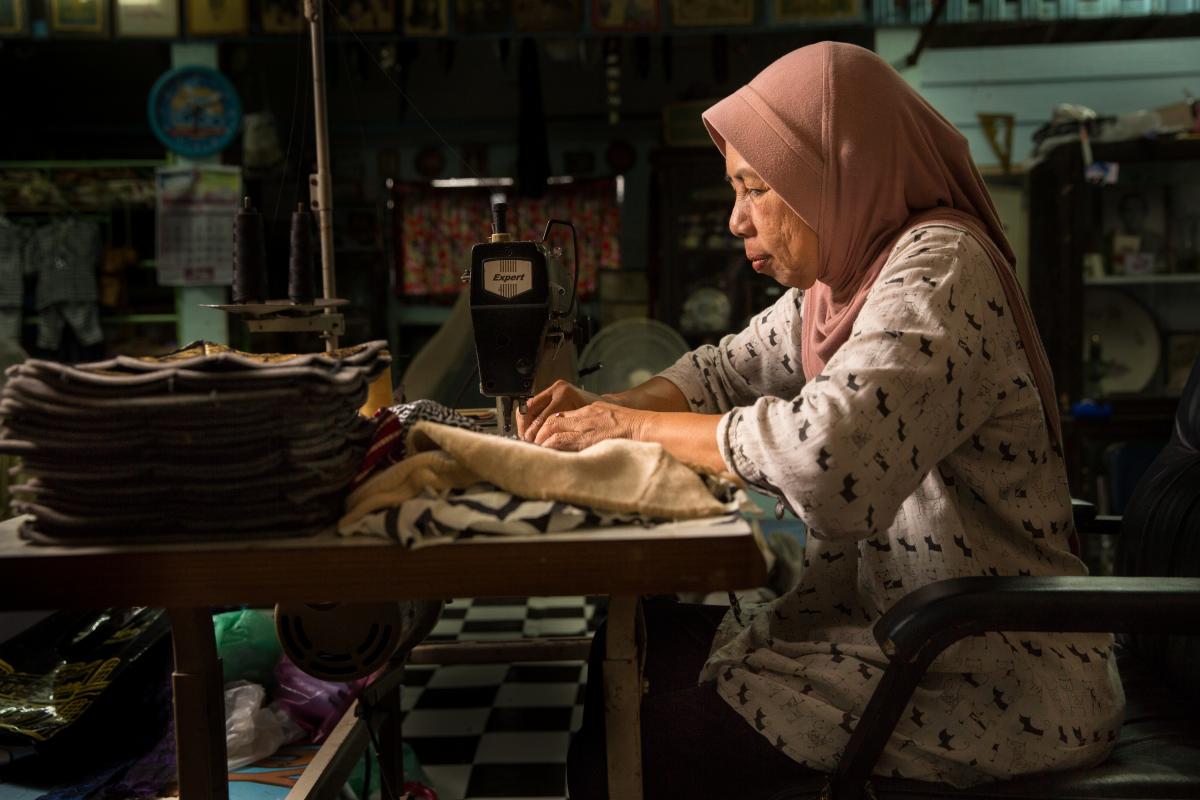Ongoing protests over Victorian state government lockdowns and vaccine mandates are emerging as fodder for ‘moral panic’ feeding into the 2022 Australian election cycle. A strategy as old as the hills, moral panics create an atmosphere of polarisation that offers cover for political blame-shifting and victim-blaming, allowing corrupt and bought candidates to reinvent themselves as heroes for solving problems that they are responsible for.
This article explores dominant entrepreneurship discourse and practice surrounding informal women home-based workers, and their relationship to goals of individual empowerment. We argue that conventional neoliberal entrepreneurship discourse conflates empowerment and performativity, linking the capacity of women to develop greater agency with their incorporation into an economic regime with predetermined roles, labelled ‘empowerment’. Applying a critical lens, we analyse the development discourse on entrepreneurship and economic performativity in these terms – looking to understand the characteristics of empowerment concerning home-based workers in Bangladesh working for a fair-trade organisation and a domestic garment supply chain. We argue that the conflation of empowerment and performativity serves the convenience of neoliberal ideology rather than the empowerment needs of those to whom such discourses are applied. To complement our critique, based on the empowerment literature, we develop a conceptual framework of empowerment and agency encompassing individual and collective agency, considering these in light of the relationship between performativity and social reproduction. Coupling a more nuanced understanding of empowerment to the critique of the entrepreneurial discourse, as applied to women home-based workers, provides a theoretical contribution to the empowerment and entrepreneurial discourse literature.
https://journals.sagepub.com/eprint/CRARF6QSSVWCQZCXVUYI/full

